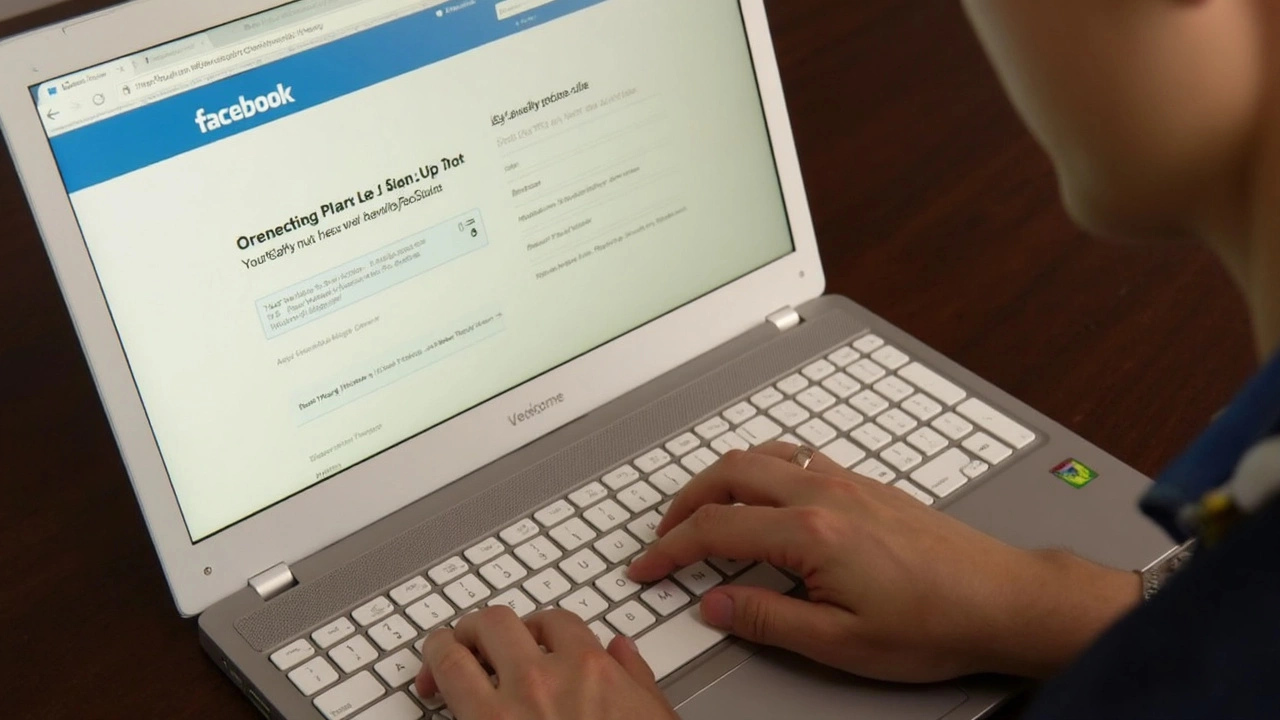Billions of Credentials in the Wild: How the Records Ended Up Online
A stash of password leak data so huge it's hard to even picture—over 16 billion unique account credentials—has hit the web, making this one of the biggest exposures ever in cybersecurity history. We're not talking about just any accounts here; Google, Facebook, Apple, and even government services are caught up in this massive credential dragnet. Researchers from Cybernews pieced the breach together after finding email addresses, passwords, and actual login links from a dizzying array of top-tier platforms all in one place.
Here's the thing: this wasn't a breach of one giant company. There was no midnight hack that took down Google or Facebook's secure walls. What really happened is more shadowy, and honestly, more concerning. Infostealers—those clever bits of malware that sneak onto your devices—have quietly harvested account data from millions of compromised computers, keylogging and snatching login info every time a user typed credentials for a social media, bank, or email account. Over time, scammers and hackers bundled all that stolen data into one monstrous library. Now, it's landed on the dark web.
The scale of affected platforms is wild. Whether you use Google to check your email, Facebook to message friends, Apple for cloud backups, or even log on to pay bills with your government accounts, your credentials might be sitting in this pile. Banks and online stores aren't safe either. The set even has direct login URLs, which would let hackers cut straight to the chase and hit your real accounts if they have the right password.

The Real Danger: How Attackers Use Leaked Credentials
The biggest problem isn't just the size of the breach, but what bad actors can do with this much information. Cybercriminals love credential stuffing—where they use known email and password combos on different sites, hoping people reuse passwords across accounts (spoiler: most of us do). If your old social media password is the same one securing your Gmail, a hacker armed with just one set of leaked credentials could unlock everything from your bank to your shopping accounts. Suddenly, identity theft, bank fraud, or personalized phishing emails aren’t just possible—they’re easy.
Cybernews reached out to some of the individuals whose details showed up in the leaked database, and several confirmed: yes, the passwords were spot-on. That means this isn’t just some recycled, outdated collection, but includes recent, working credentials. Security researcher Bob Diachenko, involved with the investigation, put it bluntly: this leak is a "blueprint for mass exploitation." In other words, it gives cybercriminals almost everything they need to run attacks at scale.
The companies mentioned—Google and Meta (that’s Facebook’s parent)—are quick to say their own systems weren’t broken into. But they’re not treating this lightly. Google is nudging people to try passwordless login options, like passkeys, which ditch passwords altogether. Both Google and Facebook recommend password managers that can spot if your credentials have been compromised—in real-time, not months later.
For now, the advice is clear: don’t repeat passwords anywhere, switch to passkeys or two-factor authentication if possible, and go through your accounts with a password manager’s breach-checking feature. Because with 16 billion credentials floating around, the odds just aren’t in anyone’s favor.
